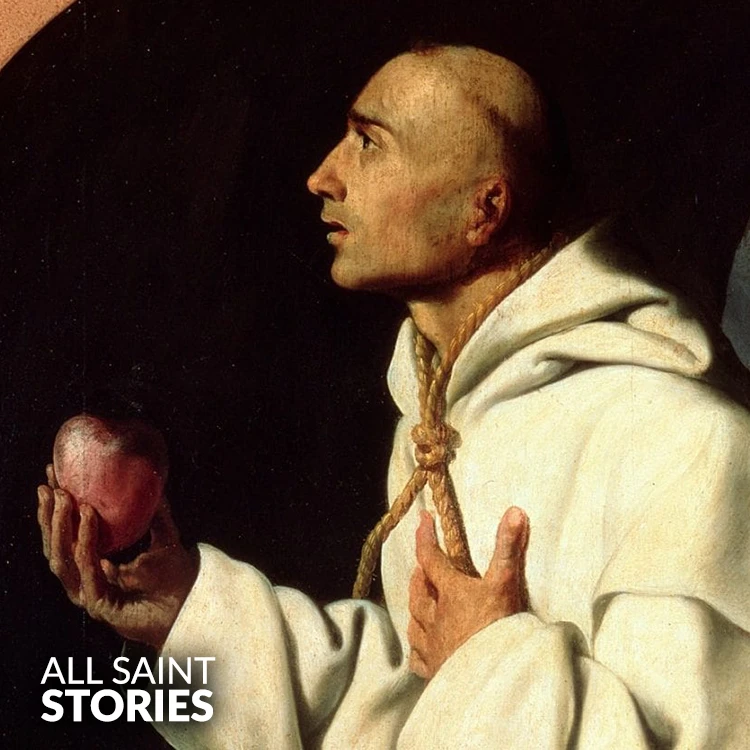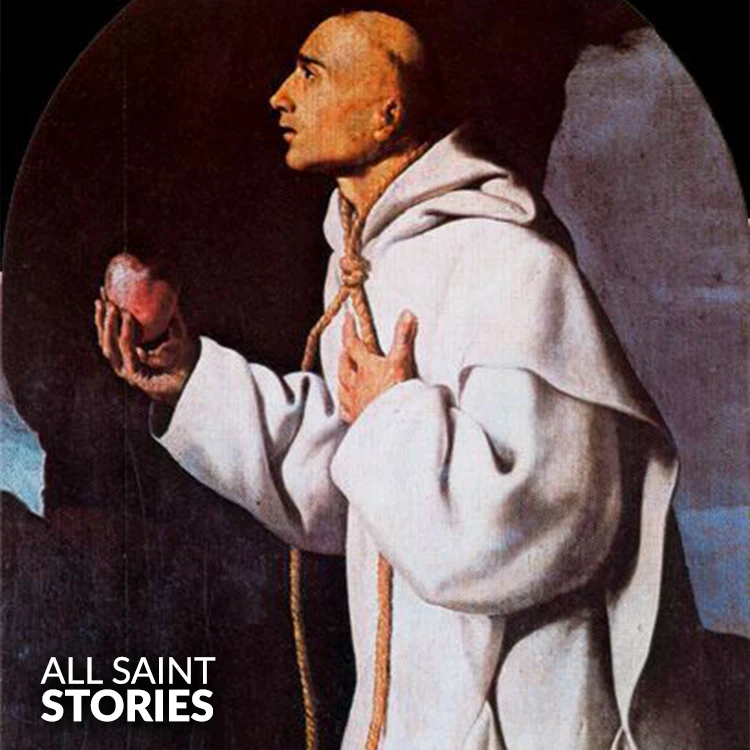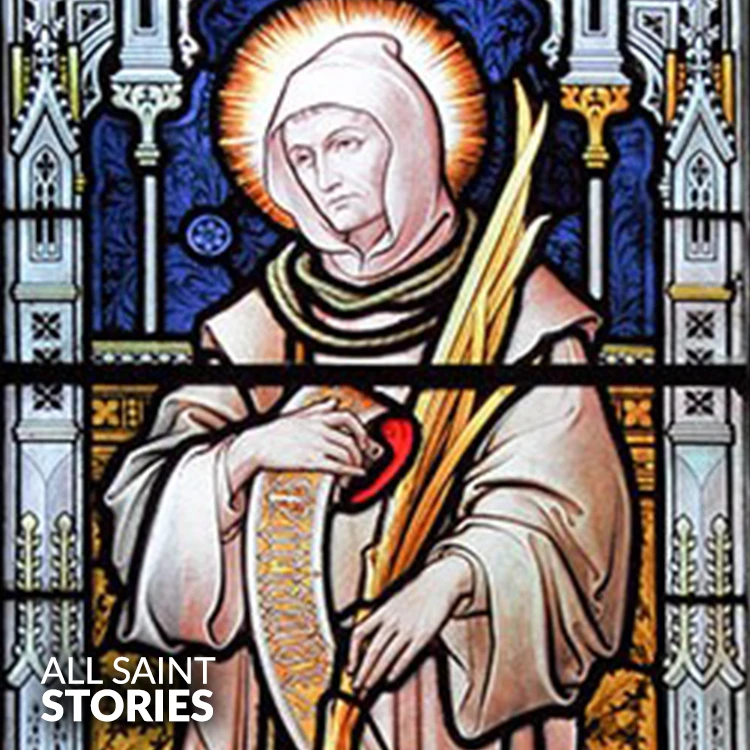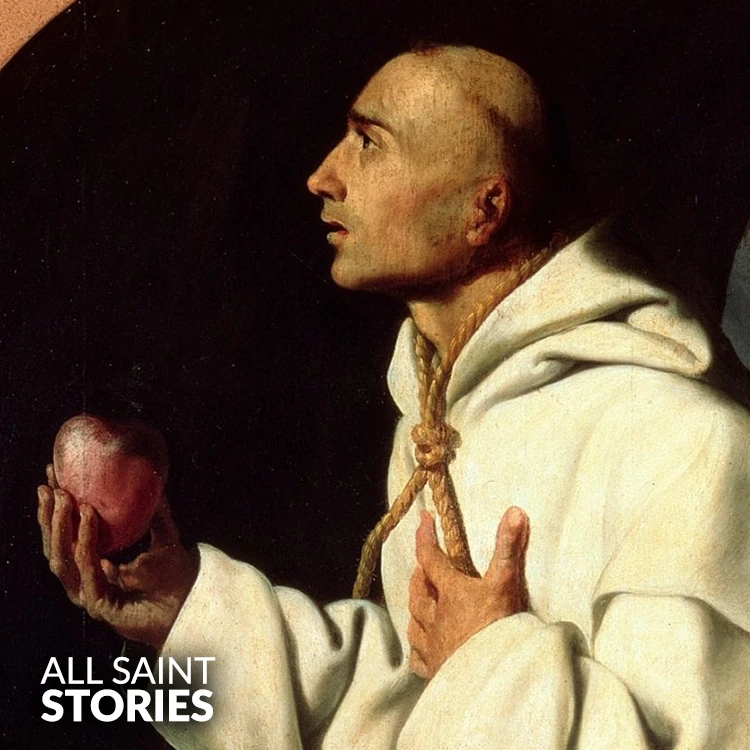St. John Houghton, courageous confessor of the faith, who gave your life rather than betray Christ's truth, intercede for us. May we remain steadfast in our convictions, even in the face of persecution. Strengthen us to follow your example of integrity and holiness. Amen.
ST. JOHN HOUGHTON
ST. JOHN HOUGHTON

St. John Houghton was an English Carthusian monk and the first Catholic martyr under King Henry VIII, executed for refusing to accept the king's supremacy over the Church.
St. John Houghton was born around 1486 in Essex, England. Educated at Cambridge, he was ordained a priest and later joined the Carthusian Order, drawn to its austere and contemplative life. He eventually became the prior of the London Charterhouse, a Carthusian monastery known for its devout and disciplined community.
During the reign of King Henry VIII, the English Church was severed from Rome, and the king demanded that all clergy take the Oath of Supremacy, acknowledging him as the head of the Church of England. Houghton and his fellow Carthusians could not in good conscience deny the pope’s spiritual authority. Houghton attempted to respectfully appeal to the king, explaining their objections, but his efforts only angered Henry.
Arrested along with other Carthusian leaders, Houghton was imprisoned in the Tower of London. Despite brutal conditions and immense pressure, he remained steadfast. On May 4, 1535, he was led to his execution at Tyburn. There, he was hanged, drawn, and quartered—the first of many English Carthusian martyrs. As he was being disemboweled alive, he was heard to pray for mercy and forgiveness.
St. John Houghton's heroic witness became a symbol of fidelity to the Catholic faith in England during the Reformation. He was canonized by Pope Paul VI on October 25, 1970, as one of the Forty Martyrs of England and Wales.
Video Not Found
The information on this website is compiled from various trusted sources. While we aim for accuracy, some details may be incomplete or contain discrepancies.
If you notice any errors or have additional information about this saint, please use the form on the left to share your suggestions. Your input helps us improve and maintain reliable content for everyone.
All submissions are reviewed carefully, and your personal details will remain confidential. Thank you for contributing to the accuracy and value of this resource.
Credits & Acknowledgments
- Anudina Visudhar (Malayalam) – Life of Saints for Everyday
by Msgr. Thomas Moothedan, M.A., D.D. - Saint Companions for Each Day
by A. J. M. Mausolfe & J. K. Mausolfe - US Catholic (Faith in Real Life) – Informational articles
- Wikipedia – General reference content and images
- Anastpaul.com – Saint images and reflections
- Pravachaka Sabdam (Malayalam) – Saint-related content and insights
We sincerely thank these authors and platforms for their valuable contributions. If we have unintentionally missed any attribution, please notify us, and we will make the correction promptly.
If you have any suggestion about ST. JOHN HOUGHTON
Your suggestion will help improve the information about this saint. Your details will not be disclosed anywhere.
© 2026 Copyright @ www.allsaintstories.com






 English
English
 Italian
Italian
 French
French
 Spanish
Spanish
 Malayalam
Malayalam
 Russian
Russian
 Korean
Korean
 Sinhala
Sinhala
 Japanese
Japanese
 Arabic
Arabic
 Portuguese
Portuguese
 Bantu
Bantu
 Greek
Greek
 German
German
 Dutch
Dutch
 Filipino
Filipino